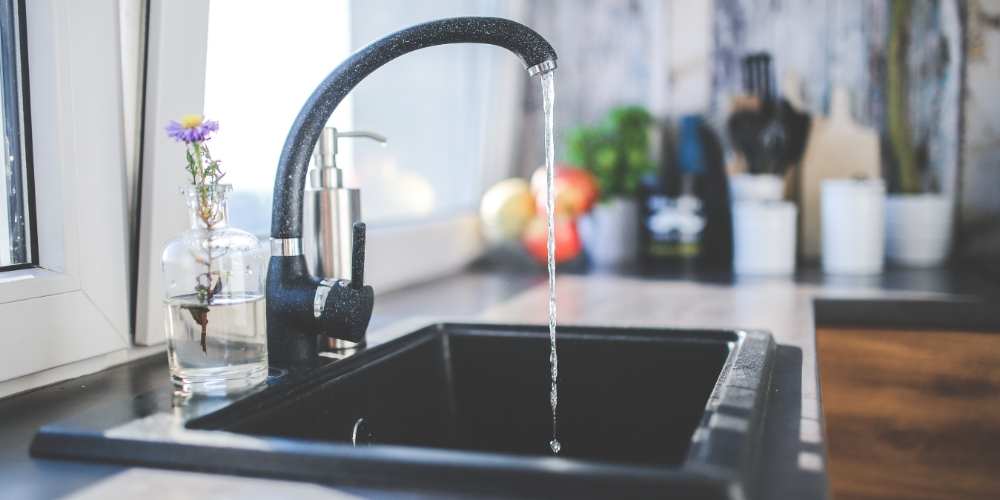Of all the working parts in a kitchen, the faucet might be the one we most often press into service.
Today,kitchen faucets fixtures come in a wider variety of designs and price points than ever.
By and large, even budget-priced cartridge-valve faucets are a big improvement over their compression-valve cousins of yore. Better manufacturing and engineering helps them stay drip-free and last longer while keeping their looks, and quick-connect fittings have made them a cinch to install. Still, not all faucets are created equal. Beneath their shiny surfaces lurk differences in materials and technology that affect cost and longevity. 을 더한, the sheer number of choices on the market can be overwhelming.
Anatomy of a Kitchen Faucet
No matter how fancy or simple, they all contain the same basic elements.
Aerator: Reduces the water’s flow rate and curbs splashing.
Spout: Delivers water from the body to the sink.
Handle: Opens and closes the valve.
Valve Controls: the flow rate and water temperature.
Body: Blends hot and cold water headed for the spout.
Supply line: Connect to the house’s hot and cold water pipes.
What’s the cost?
Prices depend on the faucet’s material, 설계, and finish.
Install it yourself or hire a pro?
A kitchen faucet is the simplest type to install. But call a pro if working on your back inside a cabinet isn’t your cup of tea.
How long will it last?
Cartridge: 5 연령
Surface treatment: 2 연령
What care is needed?
Wipe down with a soft cloth, warm water, and a gentle liquid dish soap. To preserve the finish, don’t use abrasives or ammonia.
 VIGA 수도꼭지 제조업체
VIGA 수도꼭지 제조업체 

